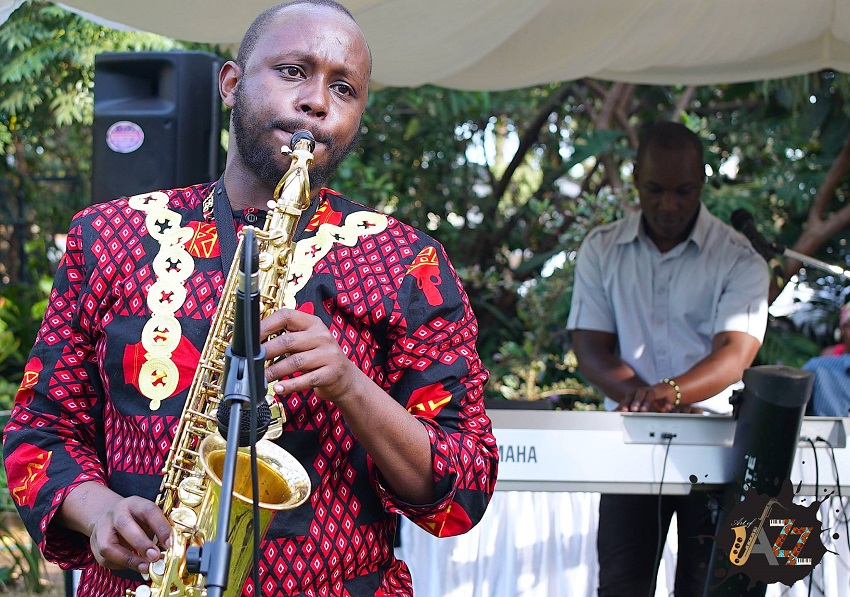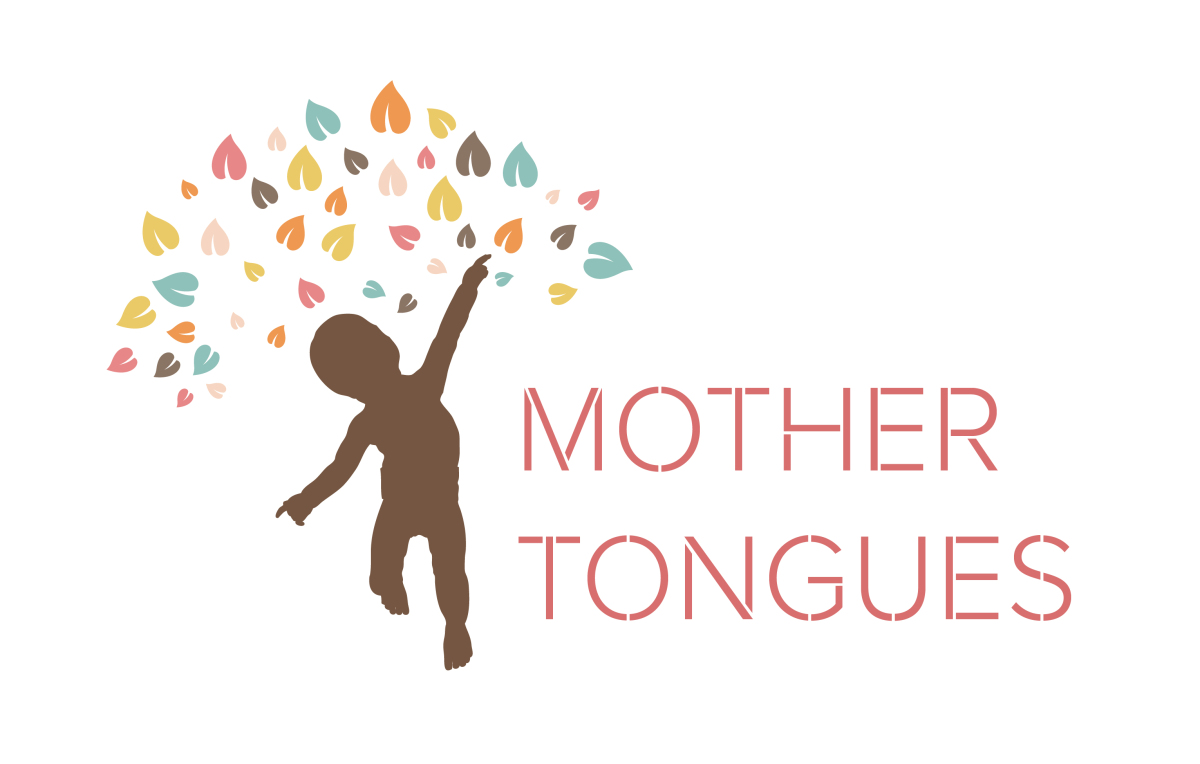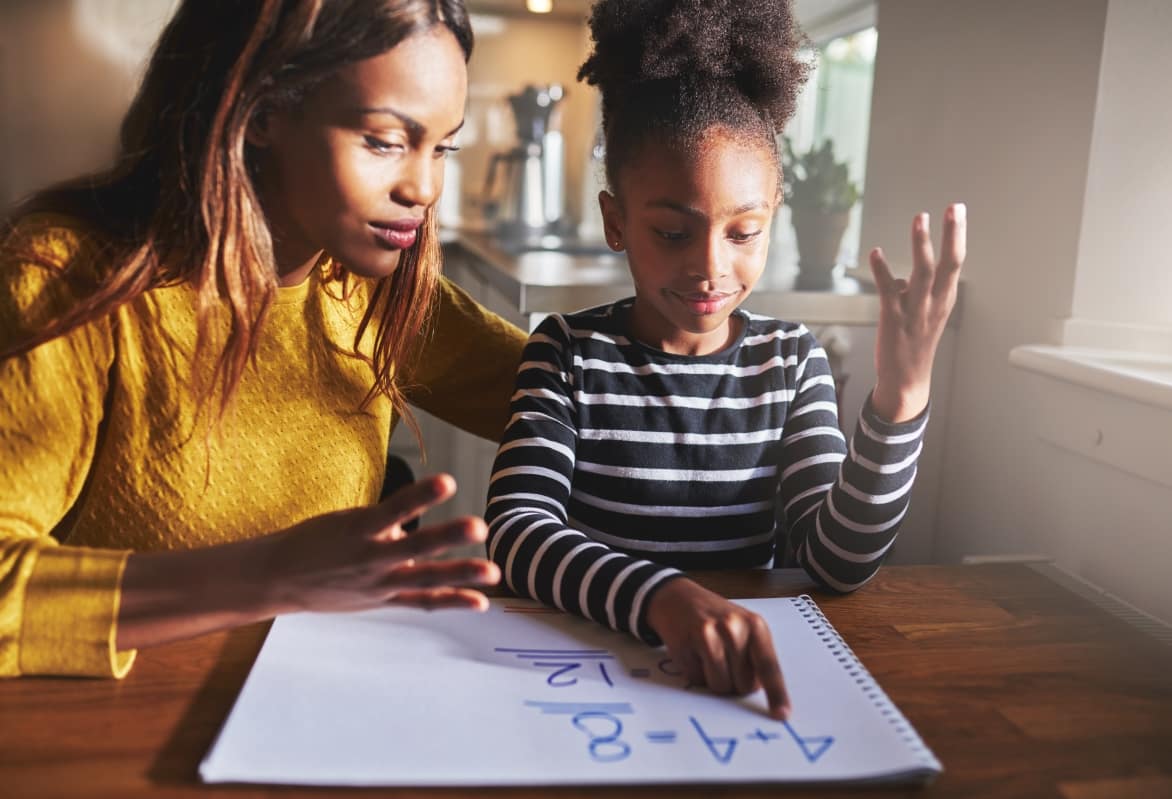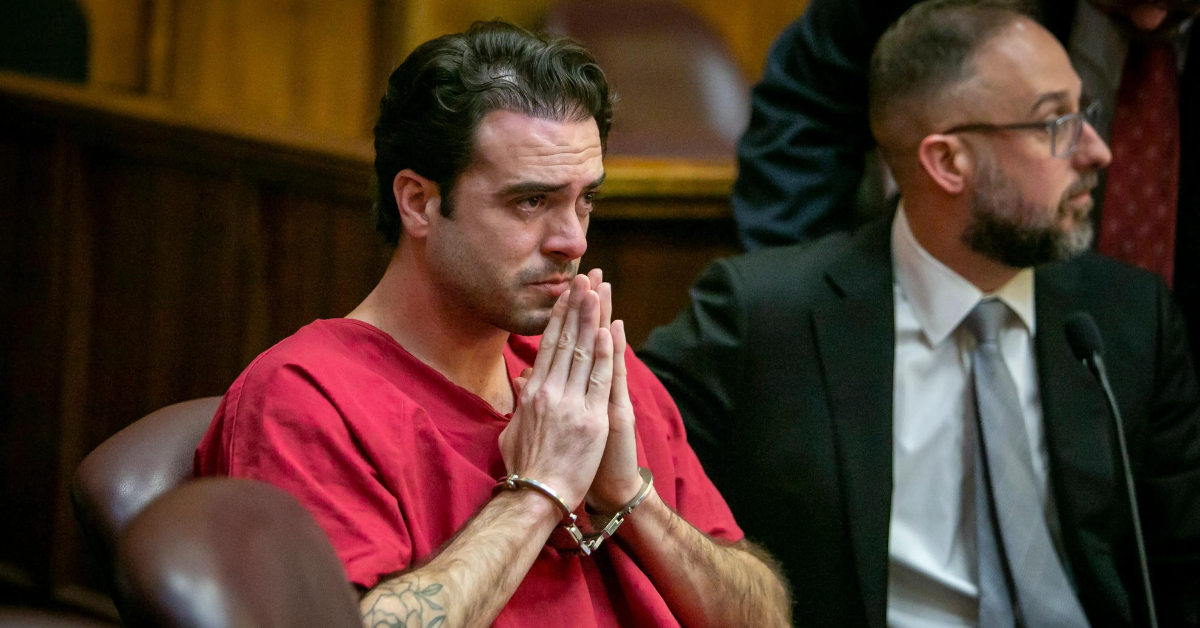
"It Hasn't Been an Easy Journey, but It Has Been a Rewarding One", Rachel McRobb on Playing the Long Game
19th Apr, 2022 at 2:56PM
After witnessing the horrors of poaching and habitat loss in South Luangwa, Rachel McRobb quit her job in the tourism industry to help protect one of Africa's great remaining wilderness areas.Driven by passion and unwavering courage, Rachel started from the ground up, working tirelessly and making countless personal sacrifices to build a solid Zambian team to help her in her efforts. Together, they have created what has now become South Luangwa's largest non-profit anti-poaching and community organisation, Conservation South Luangwa.She shares her story with Damaris Agweyu.Rachel, two decades ago, you founded Conservation South Luangwa (CSL), an organisation that has evolved from a small conservation society with a monthly budget of $150 to a credible conservation organisation with an annual budget of $1,200,000. What skills or personality traits got you this far?I would say self-belief and courage. In the early days, I honestly had no idea what I was doing. I winged my way through a lot of things. I have what appears to be confidence, but I am probably not a very confident person. What I have is courage. The team that joined me saw this and came on board. Because while I could never have done this by myself, I did look like I knew what I was doing.Where does your journey into the world of conservation begin?In the tourism industry. My then-partner and I were working in this beautiful lodge in South Luangwa. My heart has always been in wildlife so when we started noticing an increase in poaching and snaring of animals, I knew something had to be done. We took it upon ourselves to form a group of anti-poaching scouts.My partner and I left the lodge where we'd been working and went deeper into the national park and started working in bush camps. The great thing for me was my work was seasonal. I'd spend six months in bush camps and six months off. I would use some of the money I'd earned to fund the scouts to do anti-snaring patrols. That's how the organisation started. Our staff consisted of five people under a very loose arrangement. We had no vehicles, no uniforms, nothing, but I knew this needed to be done, and I involved myself in making it happen.Soon after, my 13-year relationship came to an end. If I'm honest, I prioritised my career over my relationship. But saving wildlife and reducing poaching is more than a job to me, it is my passion. And in hindsight, my partner and I weren't a good fit. Still, it was a difficult and painful breakup. I didn't know who I would be or if I would survive by myself. I was young. But I've always been a very independent, strong lady. After our breakup, my partner left, and I carried on growing CSL.The organisation got a lucky break from the Danish Embassy in Zambia. Through mutual friends, two women who'd been on safari In South Luangwa were told about me and the financial struggles I was facing trying to set this up. They worked at the embassy and provided us with our first real funding. It was a 3-year grant. I was brand new to grant writing and reporting and it was daunting. There were lots of mistakes but I also learnt a lot of lessons. I was now able to resign from my job at the tourist camp as our new donors were paying my salary. That enabled me to dive headfirst into making CSL what it is today.It's easy to underestimate the importance of investing in success every single day. Clearly, you didn't make that mistake.From the beginning, I was acutely aware of the fact that none of what we were trying to achieve would happen overnight. The conservation game is a long game; you can't dip in for a year and have an impact. It's hasn't been an easy journey but it has been a rewarding one. We still have a way to go. It's almost like a forever game.What sacrifices have you had to make along the way?Personal relationships and marriage. I almost got married at one point in my life but it wasn't the right time. I knew it would take me away from my path and my passion and I was not ready for it. I had two more serious relationships that ended for the same reason— this was my personal choice. I don t regret any of it as I have since met someone I am very much aligned with and now happily share my life with.I also decided not to have children. In fairness, I don't know if I ever really wanted them.I made financial sacrifices that I saw necessary. In hindsight, my salary in the early days was more of a stipend. At the very beginning, I used practically everything I earned from my job to pay the staff. But I was happy to give it away; money didn't mean that much to me. I had to get serious about it after I started receiving grants.And as you get older, you start getting a bit more serious about planning and saving.As a woman, have you struggled to lead an organisation in a male-dominated space?I've had moments of being aware that I am a woman in a male-dominated environment, essentially because I spend most of my time in South Luangwa surrounded largely by the male workforce. But I don't feel as much pressure as some of my female colleagues in this field. I have never felt sidelined as a woman.Read full story on www.qazini.com→Qazini is a resource for anyone who is looking to improve their professional lives so they can raise their level of prosperity. We provide you with information that can help you on your journey to executing your dreams, we match employers with the right candidates for the job and job seekers with work that is the right fit for their skills.


28th Feb, 2019 at 11:53AM
Celebrating 'Art of Jazz' Event on International Jazz Day

11th Aug, 2020 at 9:11AM



